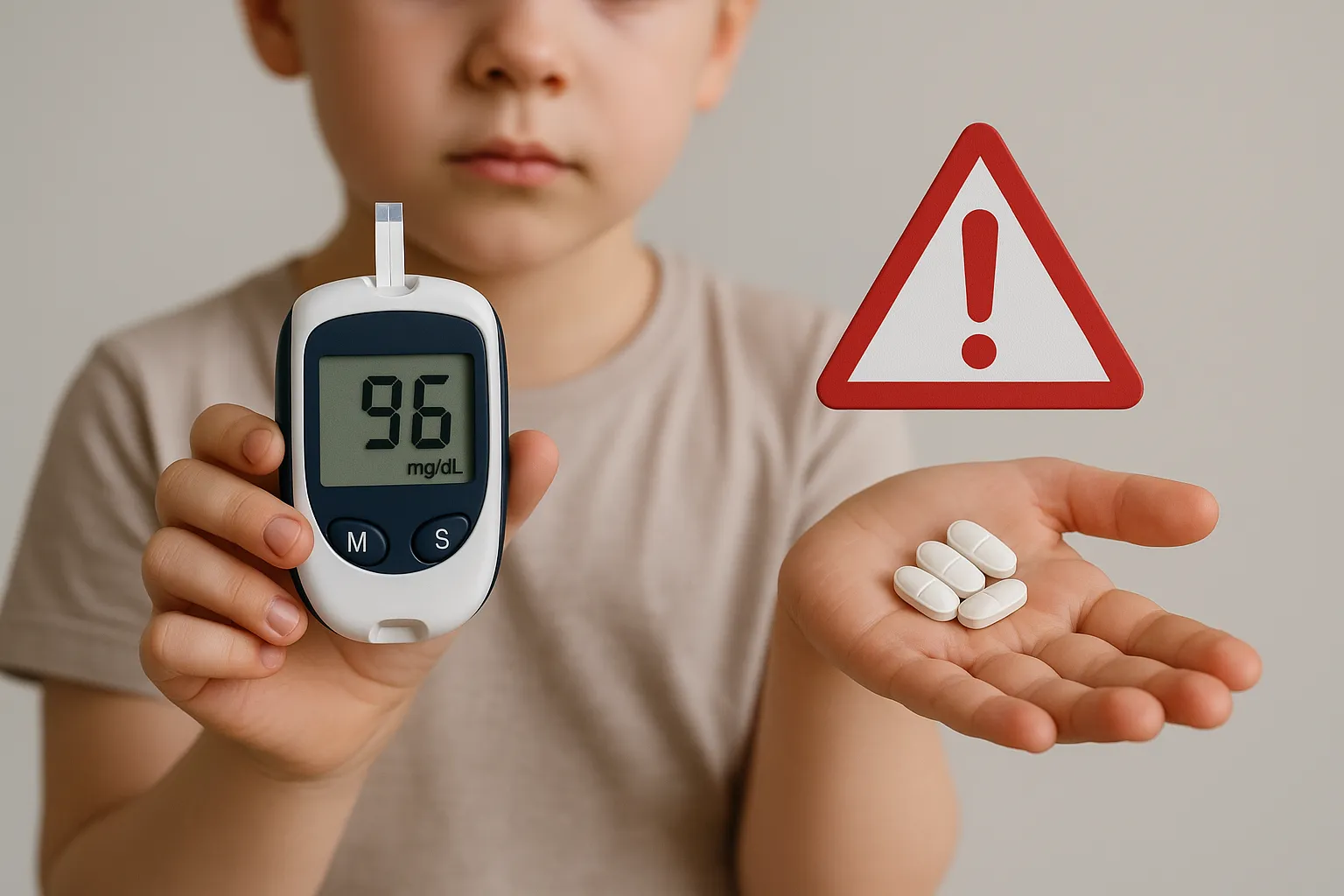FDA Updates Beta-Blocker Labels to Warn of Pediatric Hypoglycemia

Lead The U.S. Food and Drug Administration today expanded safety labeling on generic beta-blockers to include a risk of hypoglycemia in pediatric patients, citing adverse-event reports that prompted new warnings.
Nut Graf In its latest quarterly safety report, the FDA identified cases of dangerously low blood sugar in children taking beta-blockers and has updated the “Warnings and Precautions” and “Patient Counseling Information” sections to advise health care professionals and families of this risk. The change underscores growing attention to off-target effects of longstanding cardiovascular medications.
Labeling Changes and Rationale
- Warnings and Precautions: Manufacturers must now highlight pediatric hypoglycemia, advising dose adjustments and close blood-glucose monitoring in young patients.
- Patient Counseling Information: Caregivers should be instructed to recognize and respond to symptoms such as sweating, confusion, and tremors.
- Administrative Corrections: The quarterly report notes an earlier clerical omission of several beta-blocker brand names, now rectified to ensure comprehensive coverage.
Implications for Clinical Practice Clinicians should reassess pediatric beta-blocker prescriptions, weighing the benefits in conditions like congenital arrhythmias against the newly recognized hypoglycemia risk. Pharmacists are urged to reinforce counseling at the point of dispensing.
Background on Beta-Blocker Safety Reviews This update follows the FDA’s ongoing surveillance of cardiovascular drugs in its Adverse Event Reporting System, which each quarter identifies potential safety signals meriting label revisions. The agency emphasizes that patients should not discontinue beta-blockers without medical advice, as abrupt cessation can worsen cardiac conditions.
Categories
Autos and vehicles Beauty and fashion Business and finance Climate Entertainment Food and drink Games Health Hobbies and leisure Jobs and education Law and government Other Politics Science Shopping Sports Technology Travel and transportationRecent Posts
Tags
Archives
08/19/2025 (3) 08/20/2025 (40) 08/21/2025 (27) 08/22/2025 (22) 08/23/2025 (4) 08/24/2025 (21) 08/25/2025 (30) 08/26/2025 (24) 08/27/2025 (29) 08/28/2025 (16) 08/29/2025 (9) 08/30/2025 (13) 08/31/2025 (17) 09/01/2025 (167) 09/02/2025 (124) 09/03/2025 (149) 09/04/2025 (112) 09/05/2025 (72) 09/06/2025 (169) 09/07/2025 (162) 09/08/2025 (150) 09/09/2025 (176) 09/10/2025 (194) 09/11/2025 (194) 09/12/2025 (186) 09/13/2025 (207) 09/14/2025 (159) 09/15/2025 (175) 09/16/2025 (198) 09/17/2025 (196) 09/18/2025 (196) 09/19/2025 (207) 09/20/2025 (129) 09/21/2025 (4)